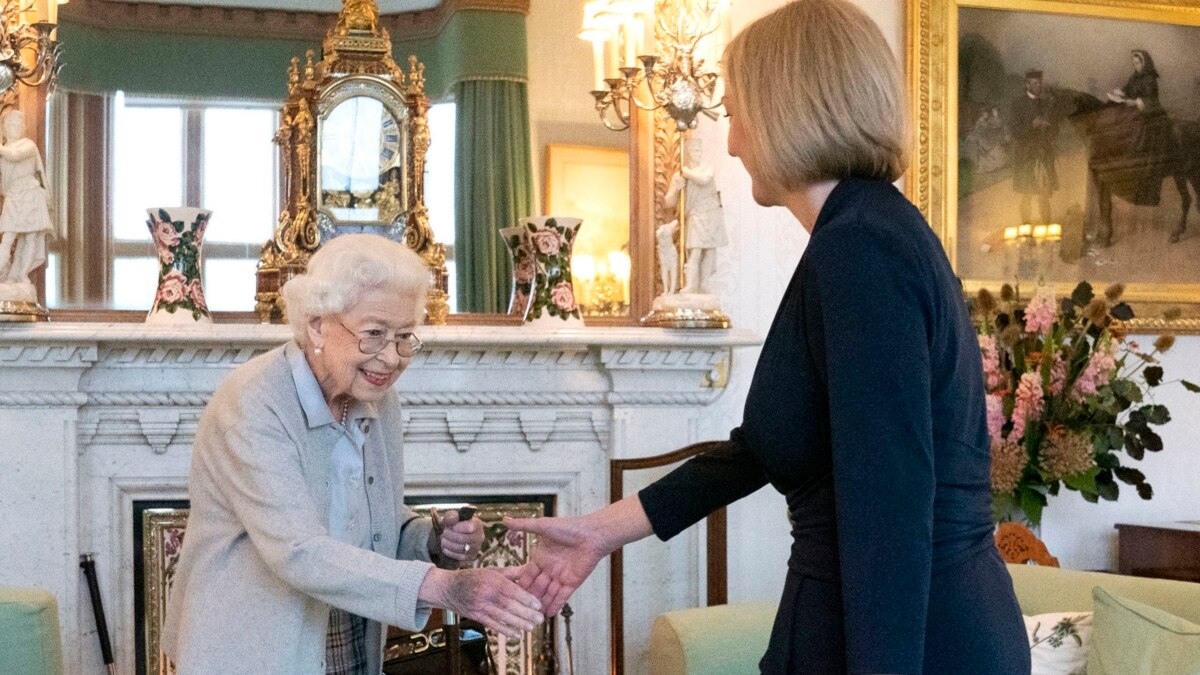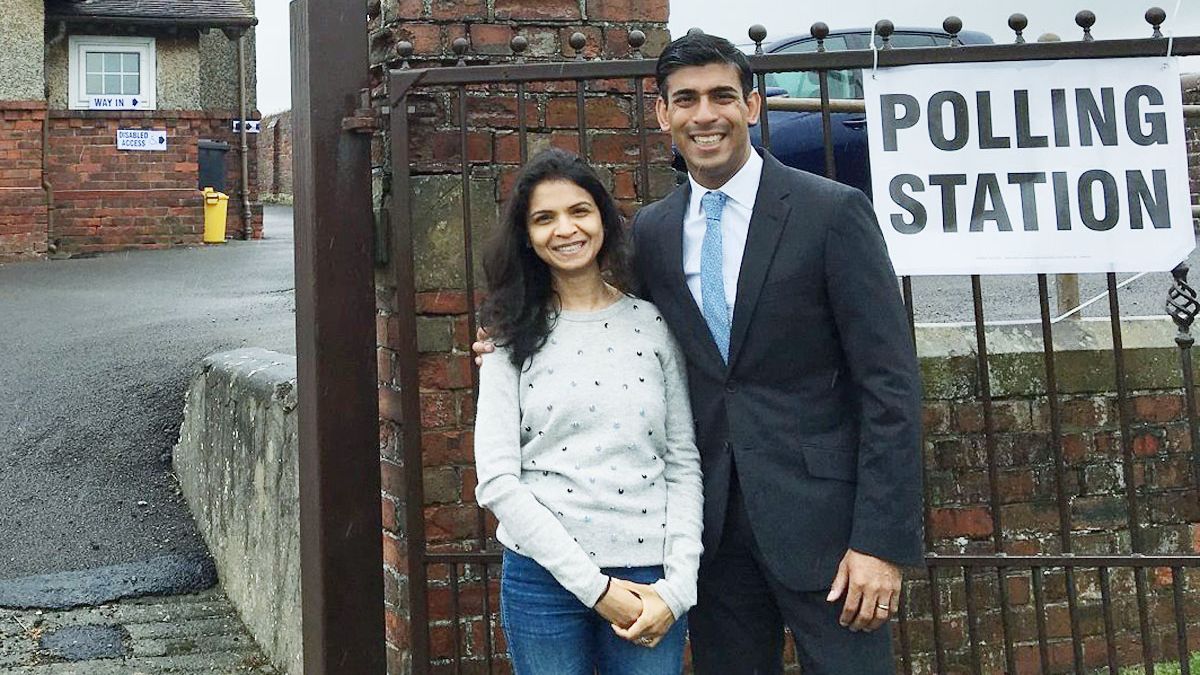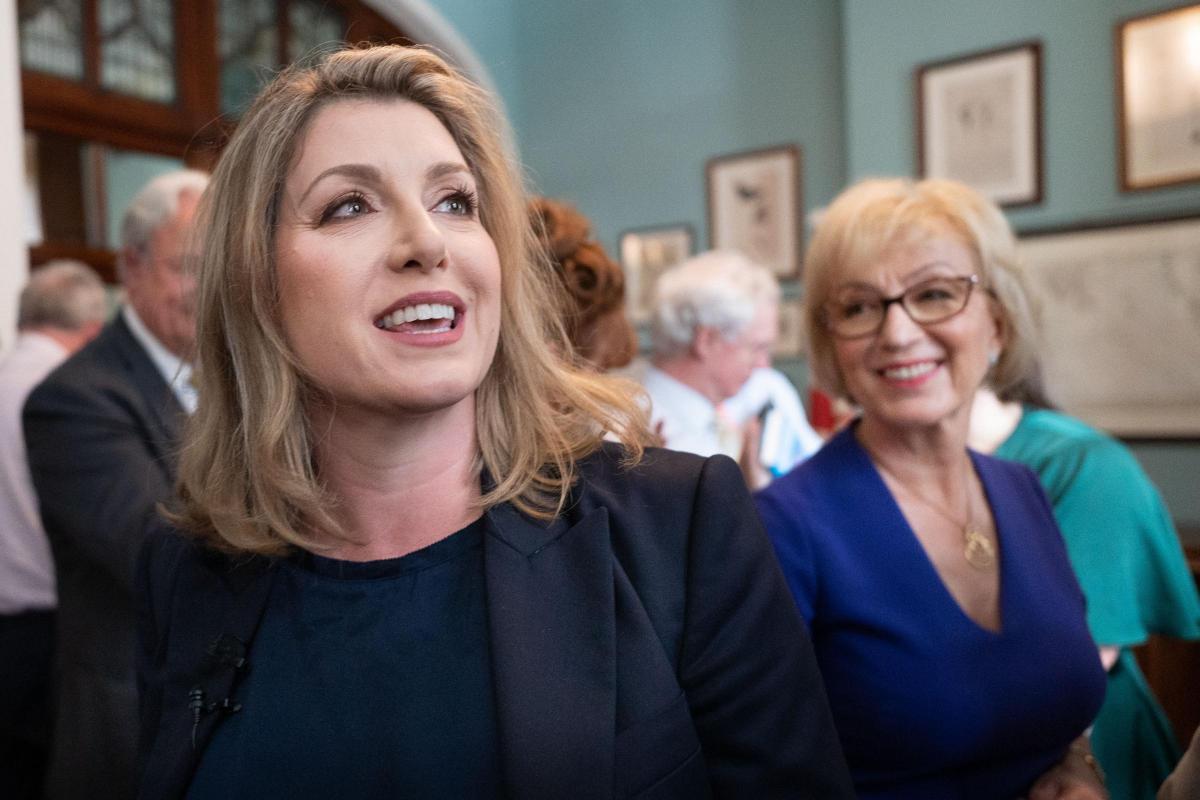Social media users came up with a name for the UK under Liz Truss – Trussia. Causes associations not only with the name of the Prime Minister, but also with the word trash (garbage) and the most unpopular country in Britain – Russia, which has become a symbol of the wrong state system. Now the mini-era of Truss has come to an abrupt end. Only 45 days in office – a record short time for the last three hundred years.
At the final stage of this period, the feeling of catastrophic chaos grew every day. It all started with an extremely sharp reaction of the markets to the economic program proclaimed by the government – the so-called "mini-budget". It provided for a significant reduction in taxes, and consequently, a sharp increase in public debt, as well as an increase in the already dangerous inflationary pressure. Threatening the ruin of pension funds, the quotes of government bonds flew down, the pound collapsed, the stock exchanges shook.
In a panic, Truss fired her closest ideological ally and associate, Chancellor of the Exchequer (Finance Minister) Quasi Kwarteng. She made a scapegoat out of him – just for the fact that he conscientiously carried out her plans and followed her decisions. In his place, Truss was appointed by a politician from the opposite ideological camp – former Foreign Minister Jeremy Hunt, who was considered an ardent opponent of Brexit and all the policies of Boris Johnson. He immediately announced the curtailment of all economic reforms proclaimed by Liz Truss and the return to the traditional course of weighted balanced budgets.

This caused an extremely strong reaction, primarily from her native right wing of the conservative party. Yes, and all those who do not like such “changing shoes” on the go and who expect elementary fidelity to their promises and loyalty to the members of their team from the leader. Within the party fermentation began. More and more voices were heard demanding the departure of Truss, who, in their opinion, showed her complete incompetence. Oil was added to the fire by the unexpected resignation of the influential Minister of the Interior, Suella Braverman. The formal reason for her departure was a violation of government rules – she used her personal email account to send an official document. However, she left, slamming the door loudly: in her letter of resignation, the politician subjected Truss and her actions to harsh, almost rude criticism. Braverman said politicians should be held accountable for their mistakes.
Observers say Braverman is seeking to completely disassociate himself from the unpopular premier and her cabinet in order to put forward his own candidacy for party leader and head of government as soon as the opportunity arises. She has a reputation as a far-right politician – only extreme nationalists are to the right of her. At one time, Braverman became famous for speaking out for limiting the independence of the judiciary, and recently shocked the British by declaring that the main dream of her life is to see planes sending illegal immigrants en masse to Africa (legal, in her opinion, should be few). She objected to Truss plans to allow increased quotas for temporary entry into the country of seasonal workers, without whom much of the crop is left to rot in the fields, as well as for other categories of workers in industries where there is an acute shortage of labor. It has come to the point that some productions are on the verge of stopping because of this. The problem became especially acute after Brexit, of which Braverman was an ardent supporter.
Braverman seeks to completely disassociate himself from the unpopular premier and her cabinet in order to put forward his own candidacy.
The fundamental difference between the two activists is in priorities. Truss was betting, albeit in a somewhat odd way, on the growth of the economy in a country that is no longer dependent on the EU. For Braverman, absolute ideological “purity” is more important; the problems of the economy are something of secondary importance for her. The main thing is to close the country to foreigners as much as possible. She apparently understood that Truss was doomed, and not without reason assumed that the Tory right wing might bet on her. So delving into these divisions is important, because they reflect the real divisions within the ruling party, and thus the dilemmas that will face the new leader.
Apparently, Braverman still miscalculated. Most Conservative MPs fear that repeating the multi-stage voting process, first within the faction, and then, at the last stage, with the participation of all ordinary members of the party, may further split and discredit it. At the same time, the Tory rating fell to catastrophic levels. Judging by all the polls, if the elections were held now, they would end in a crushing defeat for the Conservatives and the Labor Party coming to power. It is the fear of such an outcome that makes the deputies from the ruling party look for a compromise figure capable of uniting them and overcoming the split. If a single candidate is elected, then there is no need for ordinary members to vote. Alternatively, it may be purely formal. It is extremely difficult to imagine that Swella Braverman could become such a unifying candidate.
But what about Boris Johnson? This issue has suddenly found itself in the spotlight and heralds almost a political storm. His numerous supporters immediately announced that he should return to the post of prime minister and that this is what both the party and the country want. However, do not forget that at the time of his departure, Johnson had a negative rating of minus 53 percent, and most Britons, after numerous scandals, considered him a discredited politician. In addition, the House of Commons Ethics Committee has not yet completed its investigation into Johnson's actions in connection with illegal parties at his residence during a strict covid quarantine. It remains to be seen whether the politician was deliberately misleading the Parliament or whether he was in good faith making a mistake. The most common point of view both in Parliament and outside it boils down to the fact that this was precisely an outright fraud. However, the main question is whether it can be proved.
If the decision is left to the rank and file of the Conservative Party, there is no doubt that they will choose Johnson. Such a turn of events could turn into an unprecedented crisis of British democracy. The leaders of all opposition forces are furious at the prospect, and some are even talking about a possible boycott of parliamentary sessions and organizing a massive campaign of civil disobedience if Boris returns. Moreover, there is reason to believe that the majority of the British will sympathize with the opposition on this issue.

At the time of this writing, Johnson is in third place in the betting lists. Most bets are on former Chancellor of the Exchequer Rishi Sunak, who won first place in the Tory parliamentary elections and lost to Liz Truss in the final vote of the rank and file of the party. His supporters recall that he foresaw how the attempt to implement the rival's unrealistic economic program would end and called her plans the manifestation of "fabulous, fantastic thinking", accurately describing their consequences.
He is followed by Penny Mordant, a politician without much experience, who was at one time (albeit not for long) the Minister of Defense. Unexpectedly, she turned out to be one of the main contenders for the highest post. It seems that both deputies and many citizens are simply impressed by her serious and sincere style of communication with politicians and the public. In addition, Mordant is not involved in any scandals. At the same time, the same Sunak is blamed for some real and imaginary mistakes in the distribution of state subsidies to victims of covid restrictions. They also remind him of his billionaire wife, who did not pay British taxes for quite a long time – on a completely legal basis, by the way. However, public opinion believes that not paying taxes should not be the wife of one of the key ministers, especially one in charge of public finances.

Well, and not the last question: what does another change of leader mean for British policy regarding the war unleashed by Putin in Europe? All the obvious contenders for the post of prime minister are known for their firm commitment to the course of helping Ukraine – both military, economic and political. Both Sunak and Mordant spoke convincingly and repeatedly about this, not to mention Johnson, with whose name this course is primarily associated. No wonder he is so loved in Ukraine, and he fully deserved this love, as well as a critical attitude towards himself in his native country.
The last important decision of the 1922 Committee governing the election of a new leader at the time of preparation of the material: the applicant for the post will have to receive the support of at least one hundred Conservative deputies. This means that only three names may appear on the ballot, or even two or even one if there is a clear majority around the candidate. What is the role of the rank and file members of the Conservative Party, who made such a glaring mistake during the last election, remains unclear.


